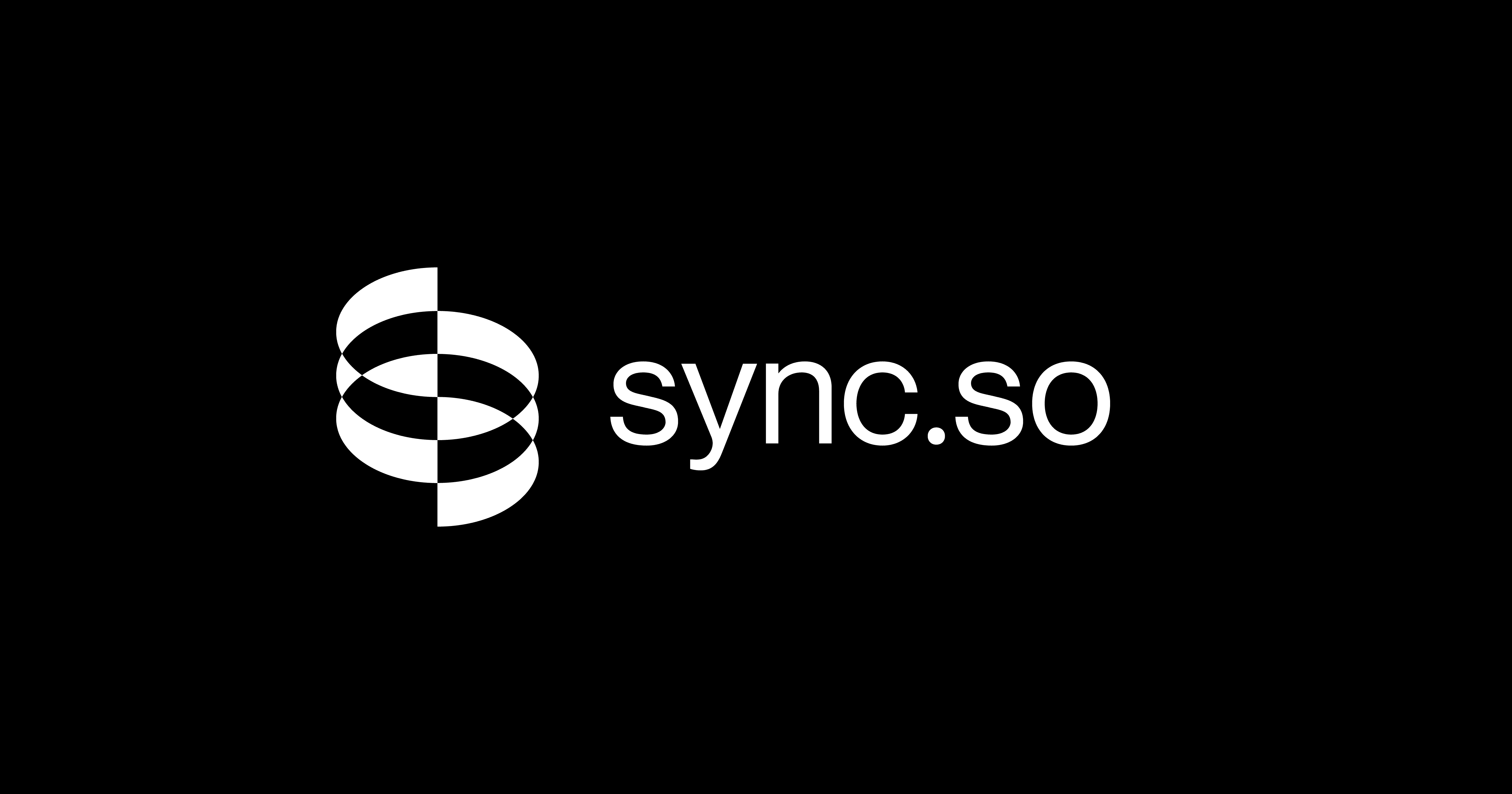Good morning. It’s Wednesday, September 3rd.
On this day in tech history: In 1992, Apple received its first batch of PowerPC chips. The RISC-based CPUs developed jointly with IBM and Motorola, which would power Power Macs starting in 1994. A turning point in personal computing architecture, blending RISC elegance with mainstream desktop performance.
In today’s email:
Anthropic Raises $13B
OpenAI Acquires StatSig for $1.1B
ElevenLabs Sound FX
Google Upgrades NotebookLM
5 New AI Tools
Latest AI Research Papers
You read. We listen. Let us know what you think by replying to this email.
How 433 Investors Unlocked 400X Return Potential
Institutional investors back startups to unlock outsized returns. Regular investors have to wait. But not anymore. Thanks to regulatory updates, some companies are doing things differently.
Take Revolut. In 2016, 433 regular people invested an average of $2,730. Today? They got a 400X buyout offer from the company, as Revolut’s valuation increased 89,900% in the same timeframe.
Founded by a former Zillow exec, Pacaso’s co-ownership tech reshapes the $1.3T vacation home market. They’ve earned $110M+ in gross profit to date, including 41% YoY growth in 2024 alone. They even reserved the Nasdaq ticker PCSO.
The same institutional investors behind Uber, Venmo, and eBay backed Pacaso. And you can join them. But not for long. Pacaso’s investment opportunity ends September 18.
Paid advertisement for Pacaso’s Regulation A offering. Read the offering circular at invest.pacaso.com. Reserving a ticker symbol is not a guarantee that the company will go public. Listing on the NASDAQ is subject to approvals.

Today’s trending AI news stories
Anthropic triples valuation to $183B in new $13B funding round
Anthropic just pulled in a staggering $13 billion in Series F funding, tripling its valuation to $183 billion. ICONIQ, Fidelity, and Lightspeed led the round, joined by a wave of institutional backers betting big on the company’s momentum. And the numbers justify the hype: revenue has rocketed from $1 billion at the start of the year to $5 billion, with Claude Code, the AI coding assistant launched in February, already accounting for $500 million.
Claude Code runs on Anthropic’s flagship Claude Opus 4.1, which just smashed records on the SWE-bench Verified coding benchmark with a 74.5% score, outpacing Google’s Gemini 2.5 Pro and OpenAI’s o3. Demand is off the charts. Usage jumped 10x in three months despite rate caps, and Anthropic’s enterprise customer base spending above $100,000 grew sevenfold in a year, and exploded past 300,000. The cash infusion will bankroll GPUs, international expansion, and AI safety research. Read more.
OpenAI bets big on faster product cycles with $1.1B Statsig deal
OpenAI is making one of its biggest bets yet, acquiring product-testing startup Statsig in a $1.1 billion all-stock deal and naming founder Vijaye Raji as CTO of Applications. Raji will report to Fidji Simo, the former Instacart CEO now leading OpenAI’s Applications division, and will oversee engineering for ChatGPT, Codex, and future consumer products. Statsig’s experimentation and feature-management platform, already in use at OpenAI, will now be fully integrated to accelerate product iteration and deployment.

Vijaye Raji | Image: Mashable India
As Raji comes on board, OpenAI is making changes to its leadership team. Chief Product Officer Kevin Weil shifts to lead “OpenAI for Science,” a new group focused on AI-driven research platforms, while head of engineering Srinivas Narayanan becomes CTO of B2B applications, working with COO Brad Lightcap on enterprise partnerships.
Statsig will continue serving external customers independently from its Seattle office, pending regulatory approval. Read more.
ElevenLabs expands SFX with longer clips, MIDI-ready soundboard
ElevenLabs has rolled out version 2 of its AI sound effects model, bringing longer clips, higher fidelity, and tighter editing control. The update boosts maximum clip length from short bursts to 30 seconds, raises sampling quality to 48 kHz, and adds seamless looping directly inside the ElevenLabs Studio editor. Users can generate effects with text prompts through the web app or API, making it easier to integrate into production workflows.
The company also revamped its SFX library, adding improved search, a favorites function, and a remix tool for quick variations. Hardware support is expanding too: the SB-1 soundboard now runs the updated model with built-in MIDI connectivity, opening up real-time performance options. The release builds on ElevenLabs’ push to dominate generative audio, following its earlier launches of Eleven Music and the 11ai workflow assistant. Read more.
Google arms devs with Stax, upgrades NotebookLM, sidesteps Chrome split
Google is pushing hard on AI while sidestepping regulatory fire. NotebookLM is about to get a serious audio upgrade with three new modes: Brief, a two-minute summary for quick hits; Critique, where dual AI hosts break down content like built-in editors; and Debate, which stages opposing viewpoints to stress-test ideas. Google is also experimenting with new male and female voices, a long-requested fix to give users more control and personality in how AI speaks.
For developers, Google dropped Stax, a practical evaluation toolkit for large language models. Instead of relying on leaderboard hype, Stax lets teams run structured tests with customizable “autoraters” that check fluency, factual grounding, and safety, or industry-specific criteria like compliance. Quick Compare speeds up prompt iteration, dataset-level evaluations bring reproducibility, and analytics dashboards reveal how models behave under pressure.
Google also dodged a breakup of Chrome after a court’s ruling, but must share search data with rivals and ditch exclusive deals like its Safari pact. The ruling reins in its dominance without tearing down its core business, sending shares up 7%. Read more.


5 new AI-powered tools from around the web

arXiv is a free online library where researchers share pre-publication papers.


Thank you for reading today’s edition.

Your feedback is valuable. Respond to this email and tell us how you think we could add more value to this newsletter.
Interested in reaching smart readers like you? To become an AI Breakfast sponsor, reply to this email or DM us on 𝕏!








